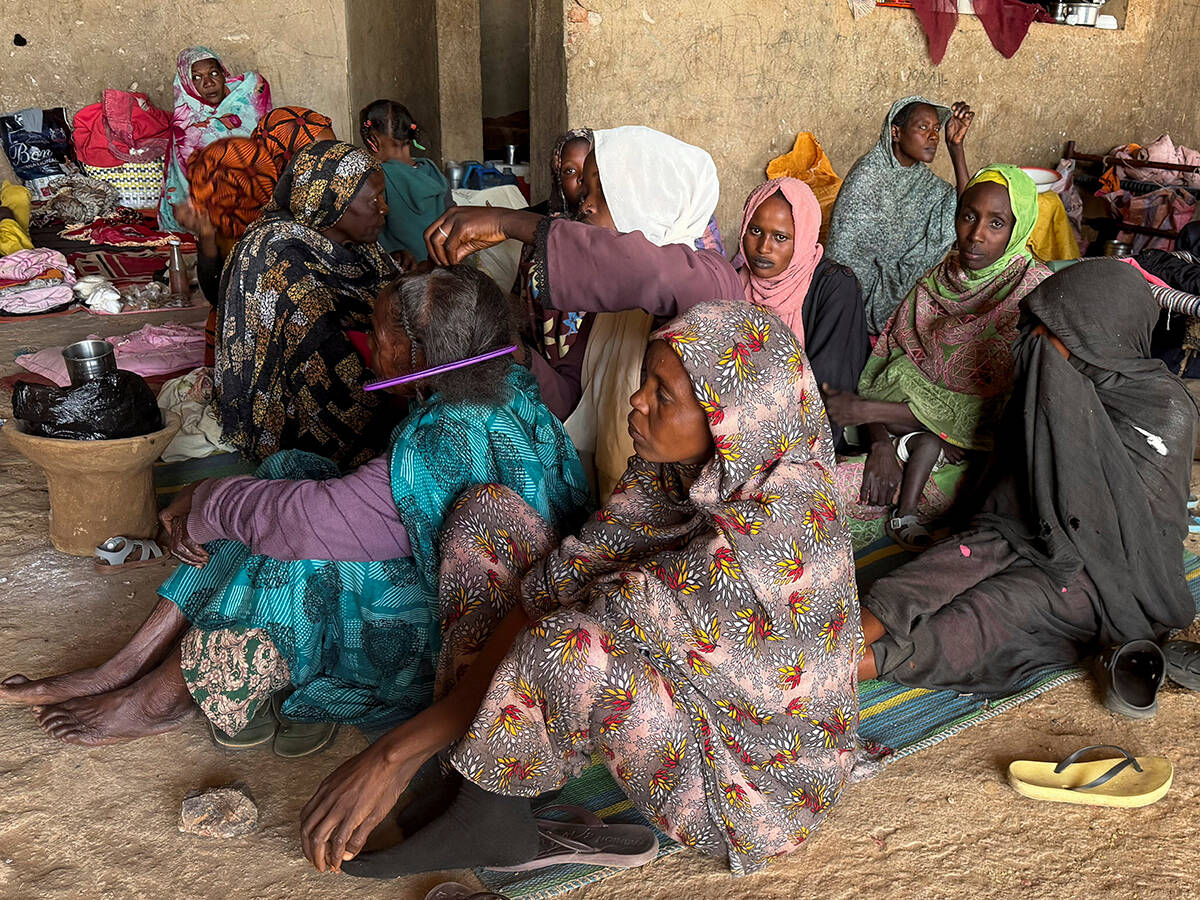A local broadcaster showed footage of employees discussing plant practices
A Polish meat plant shut down March 8 after veterinary officials said the company was selling products beyond their expiry date which had been cleared from store shelves.
The General Veterinary Inspectorate said it carried out a survey of the Viola meat plant in northern Poland on the day a local broadcaster accused it of reprocessing outdated meat for resale.
Viola denied the accusations in a statement posted on its website.
The closure is another black eye for Poland’s meat industry which is reeling from accusations it may be the source of at least some of the horsemeat sold as ground beef around Europe.
Read Also

Global humanitarian aid slashed by one-third
Humanitarian aid around the world was cut by a third in 2025 and Canada is one of the culprits.
The horsemeat scandal erupted in Ireland after its food safety authority discovered horse DNA in frozen beef burgers.
Polish veterinary officials said last month they found evidence of horse DNA in beef stored at three facilities, but have yet to discover where the meat originated.
The watchdog said an inspection at Viola “partially confirmed suspicion of a procedure of freezing prepared products that could have come from store returns.”
It said it had also forwarded the matter to the prosecutor’s office.
Broadcaster TVN showed camera footage March 7 it said showed Viola employees discussing reusing out-of-date meat.
“You can put it into dog food, you don’t lose money. You can also put it into sausages, into paté,” one of the workers was recorded as saying.
Another employee was shown discussing cleaning up and baking a pork leg to remove white fungus on its skin.
Poland exports 330,000 tonnes of beef products annually, or more than three-quarters of its total production, mainly to other European Union members.
















